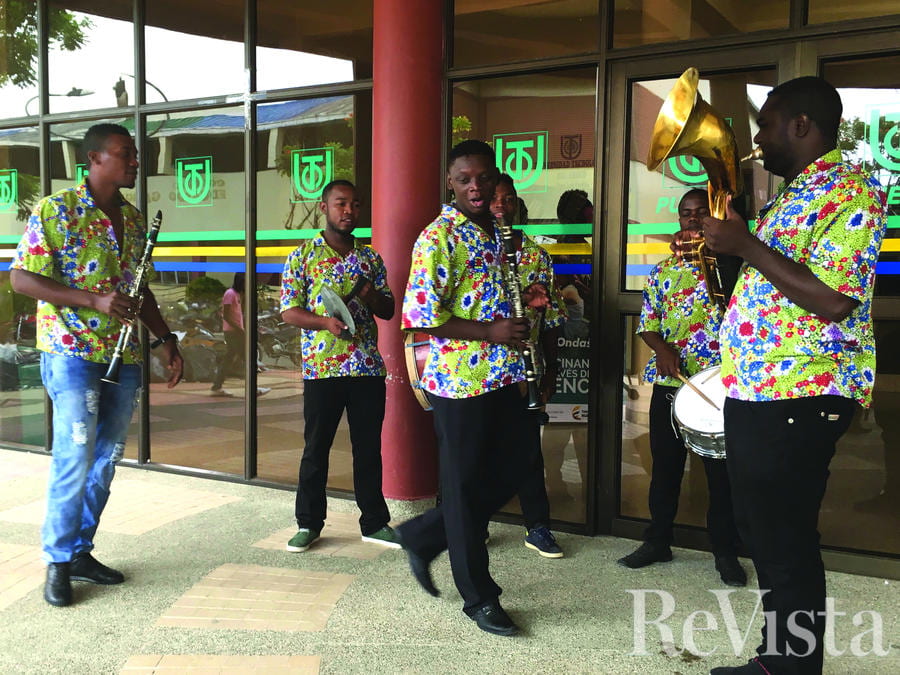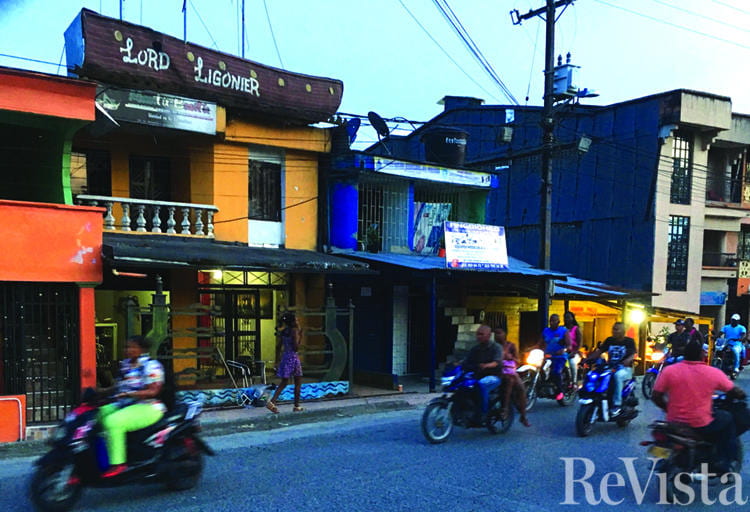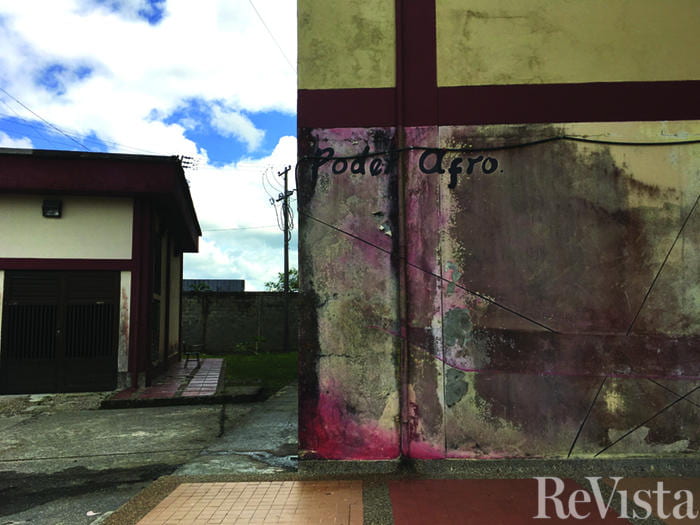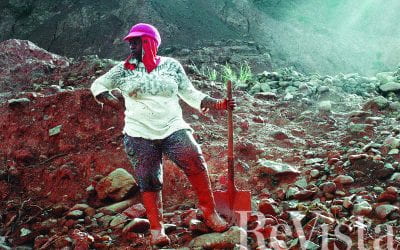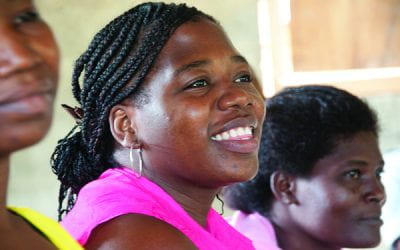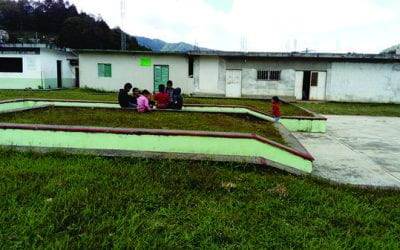A View of Afro-Diasporic History from Colombia
The Muntu Bantu, a memorial museum and cultural center in Quibdo, Chocó, on Colombia’s Pacific coast region, seeks to work “for the study, promotion and diffusion of the Afro-Colombian culture, and the advancement and improvement of the living conditions of Afrodescendant populations.” Working from an “Afrogenetic and Afrocentric” perspective, it proposes to look for the union of human beings among cultural diversity, serving both as a cultural center for the Chocoan population and an educational center for the Colombian society as a whole on the history of the country’s African diaspora.
The center was imagined, designed and built piecemeal over many years by the Chocoan historian Sergio Mosquera, professor at the Universidad Tecnológica del Chocó. The mural at the entrance depicts black Colombian politicians and Independence heroes from Latin America and the Caribbean. A film room, where movies are frequently played for the community, showcases internationally famous black singers and movie stars. With three floors and multiple thematic rooms, the museum is dedicated to topics going from the slave trade in the Americas and the symbolism of the African and Chocoan fauna myths, to those of slavery, gold mining and armed conflict-related violence on the Pacific coast of Colombia.
The museum, open to the community and guided by Professor Mosquera himself, is frequently visited by school and college student groups to learn about the worldwide African diaspora and the histories and cultures of Afro-Colombian communities, with a special emphasis on Chocó. Muntu Bantu also functions as a cultural center for events and has published books by Mosquera and magazines such as Cuadernos de Muntú-Bantú.
Together with other institutions such as the Corp-Oraloteca, a documentation and research center for the sound, oraland corporal practices of the Pacific littoral region, and the Association for Cultural Research of Choco (ASINCH), this space nourishes the vibrant and innovative cultural, musical and historical research of Choco and the black Pacific Coast of Colombia.
Winter 2018, Volume XVII, Number 2
Cristina García Navas is a Ph.D. Candidate in Latin American Literatures and Cultures at the Department of Romance Languages and Literatures at Harvard University. This travel to Chocó was made possible by a summer research grant from the David Rockefeller Center for Latin American Studies.
Related Articles
Afro-Latin Americans: Editor’s Letter
My dear friend and photographer Richard Cross (R.I.P.) introduced me to the unexpected world of San Basilio de Palenque in Colombia in 1977. He was then working closely with Colombian anthropologist Nina de Friedemann, and I’d been called upon by Sports Illustrated to…
Witches, Wives, Secretaries and Black Feminists
The issue of gender has been front and center for me, both as a subject of my fieldwork on black politics in Latin America, and how I conducted that research, particularly in how I…
Compañeros En Salud
English + Español
I have lived in non-indigenous rural Chiapas in southern Mexico since 2013, working with Compañeros En Salud (CES)—a Harvard af liated non-profit organization that partnered with…



